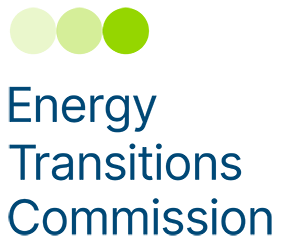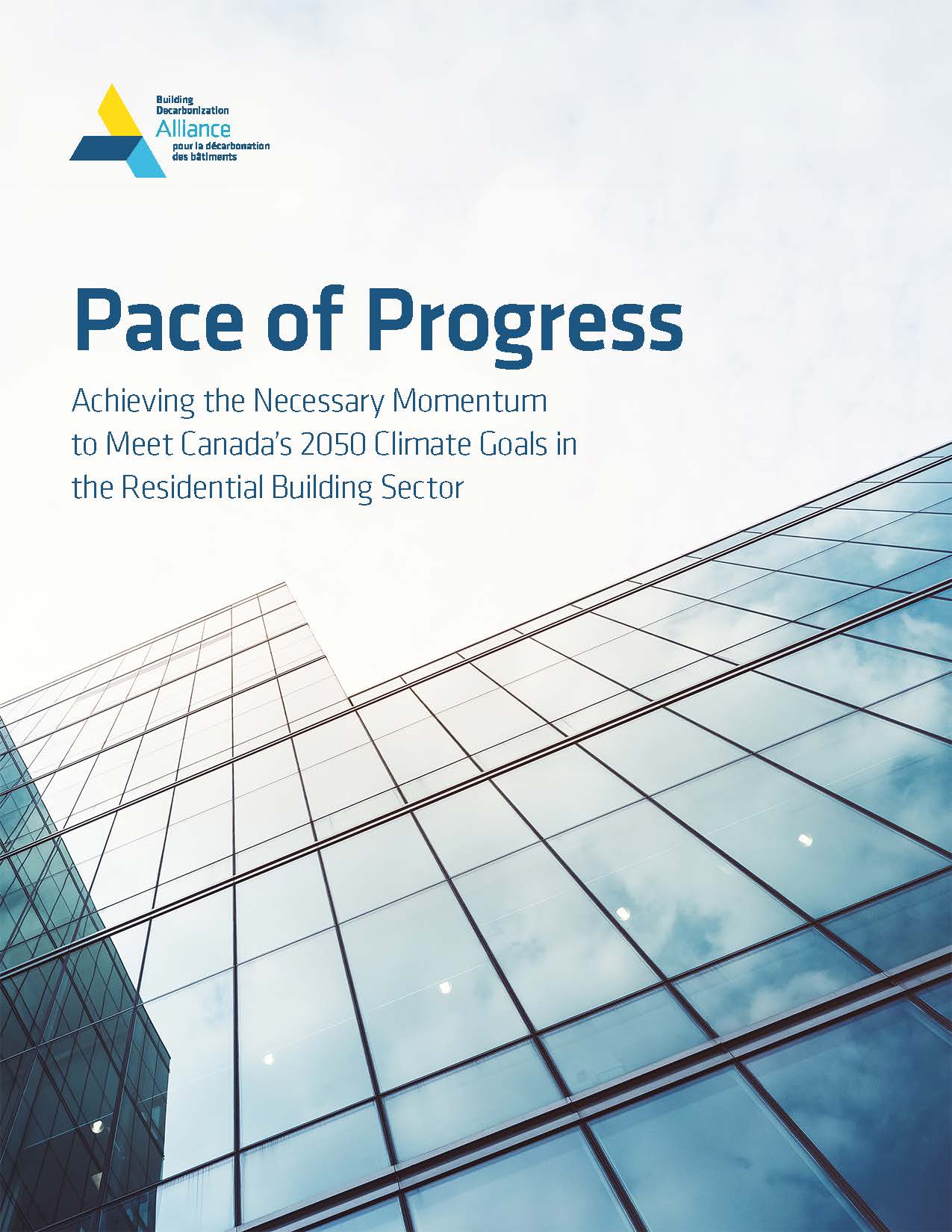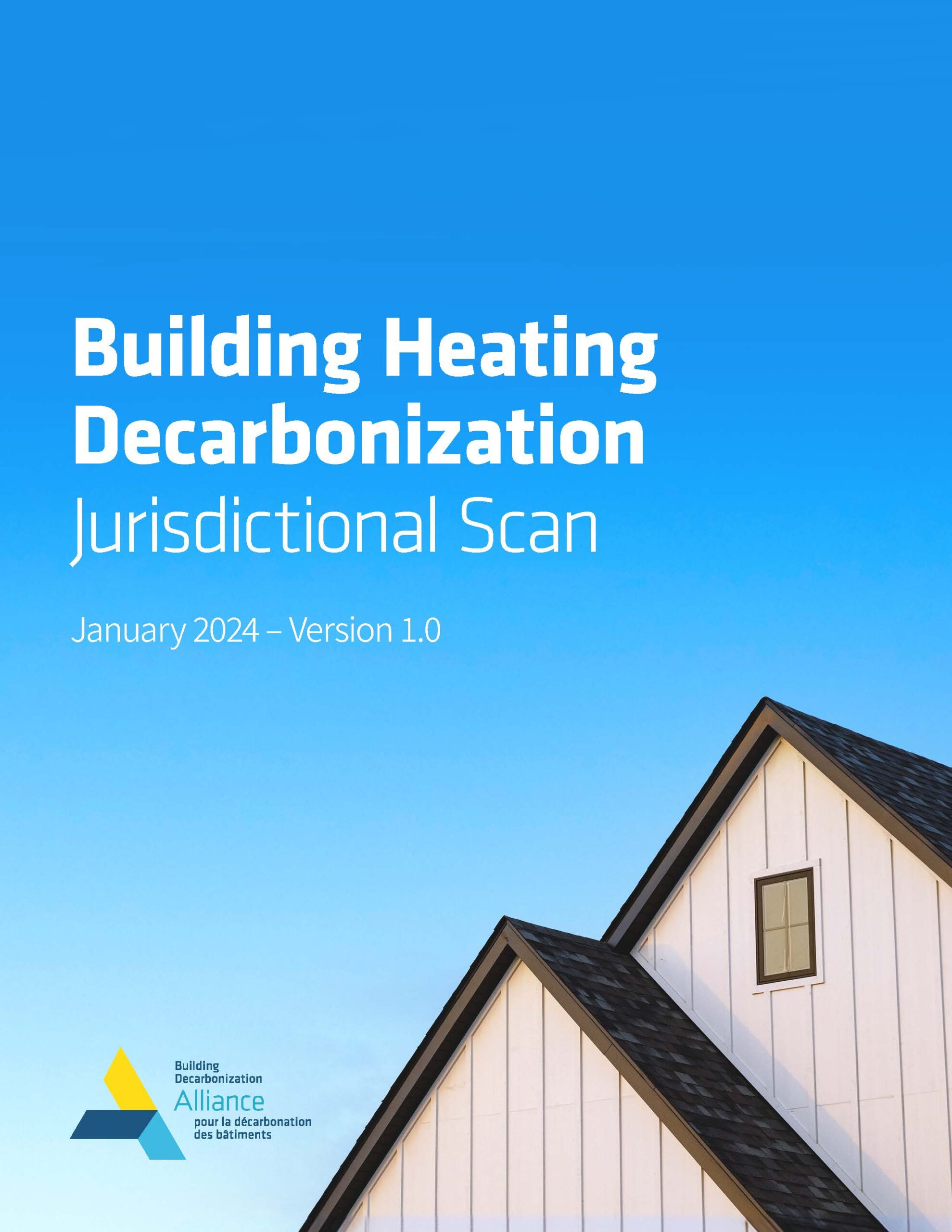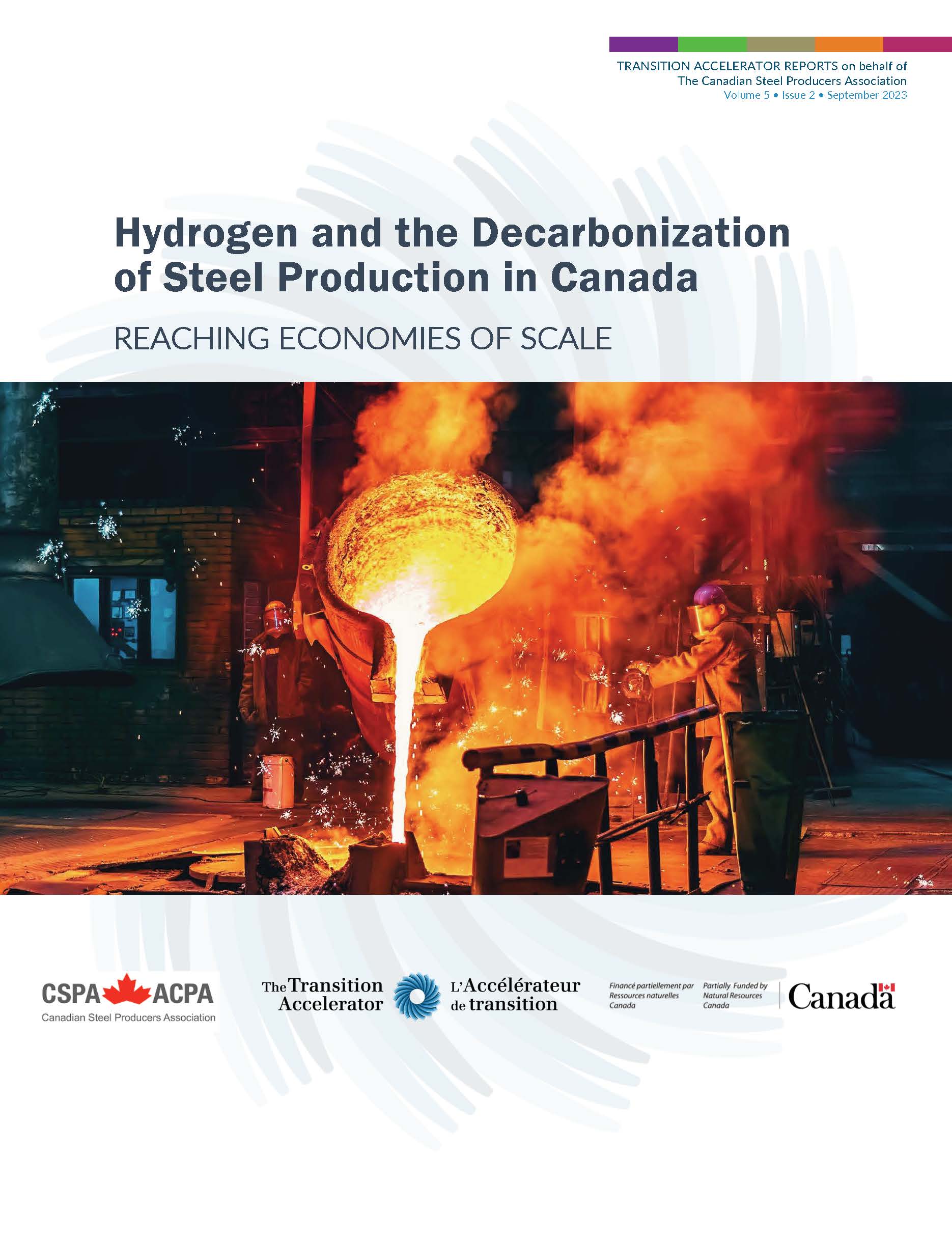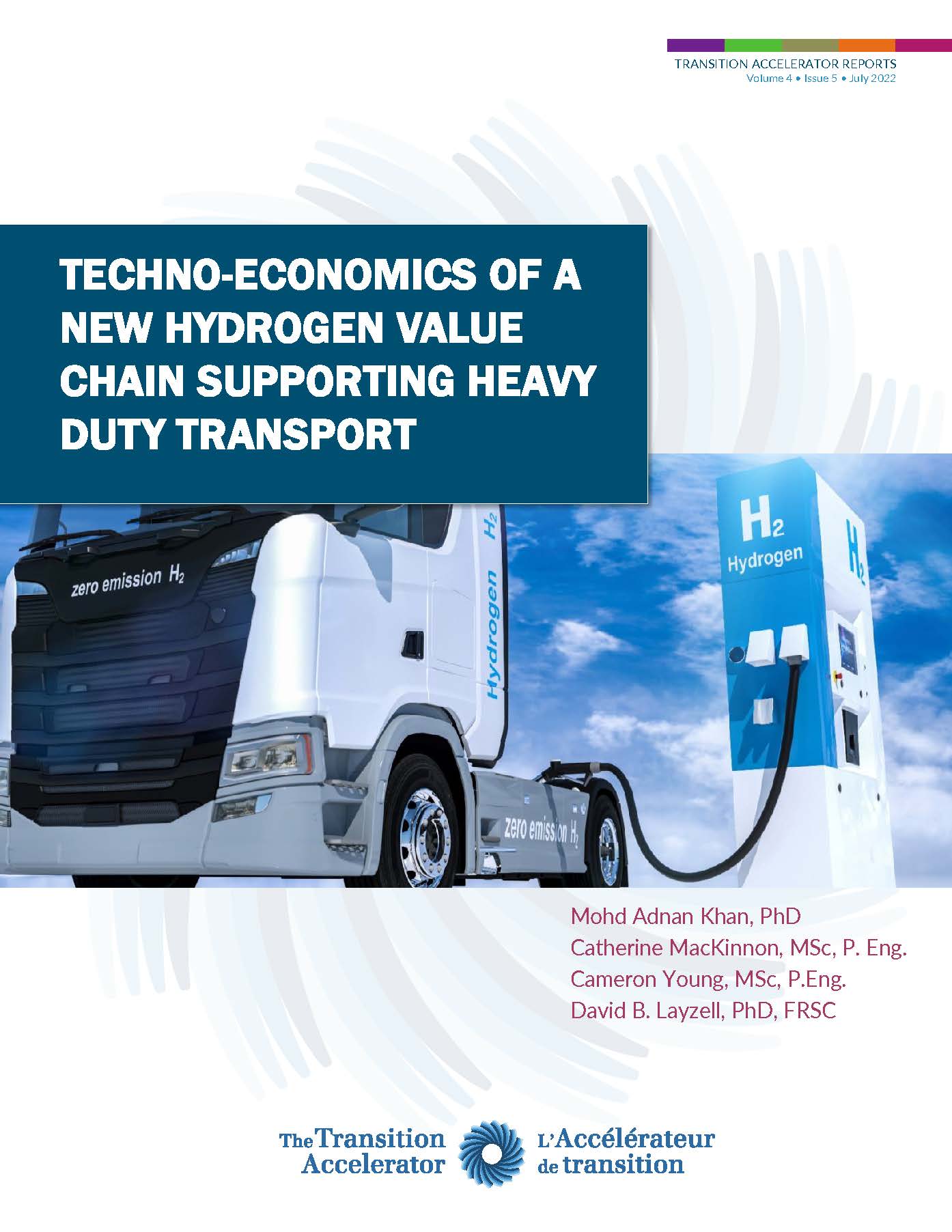Canada
Canada’s power system
At 83% non-emitting, Canada’s power system is one of the cleanest in the world. A world leader in hydroelectricity, Canada is well on its way to a fully clean power system. However, electrifying large parts of the economy is of critical importance. Following the federal government commitment for a net-zero electricity system by 2035, swift action is required to replace the polluting 20% with new, clean generation.
As the International Energy Agency noted in 2022, “compared with other countries that are more reliant on fossil fuels for electricity generation, Canada’s mostly decarbonised electricity system represents an early advantage for greater electrification of other fossil fuel-dominated sectors”.
Canada’s clean electricity advantage offers unique potential to rapidly electrify large swaths of the economy. It could therefore decarbonise while enhancing the competitiveness of the Canadian economy as the world moves toward net-zero.
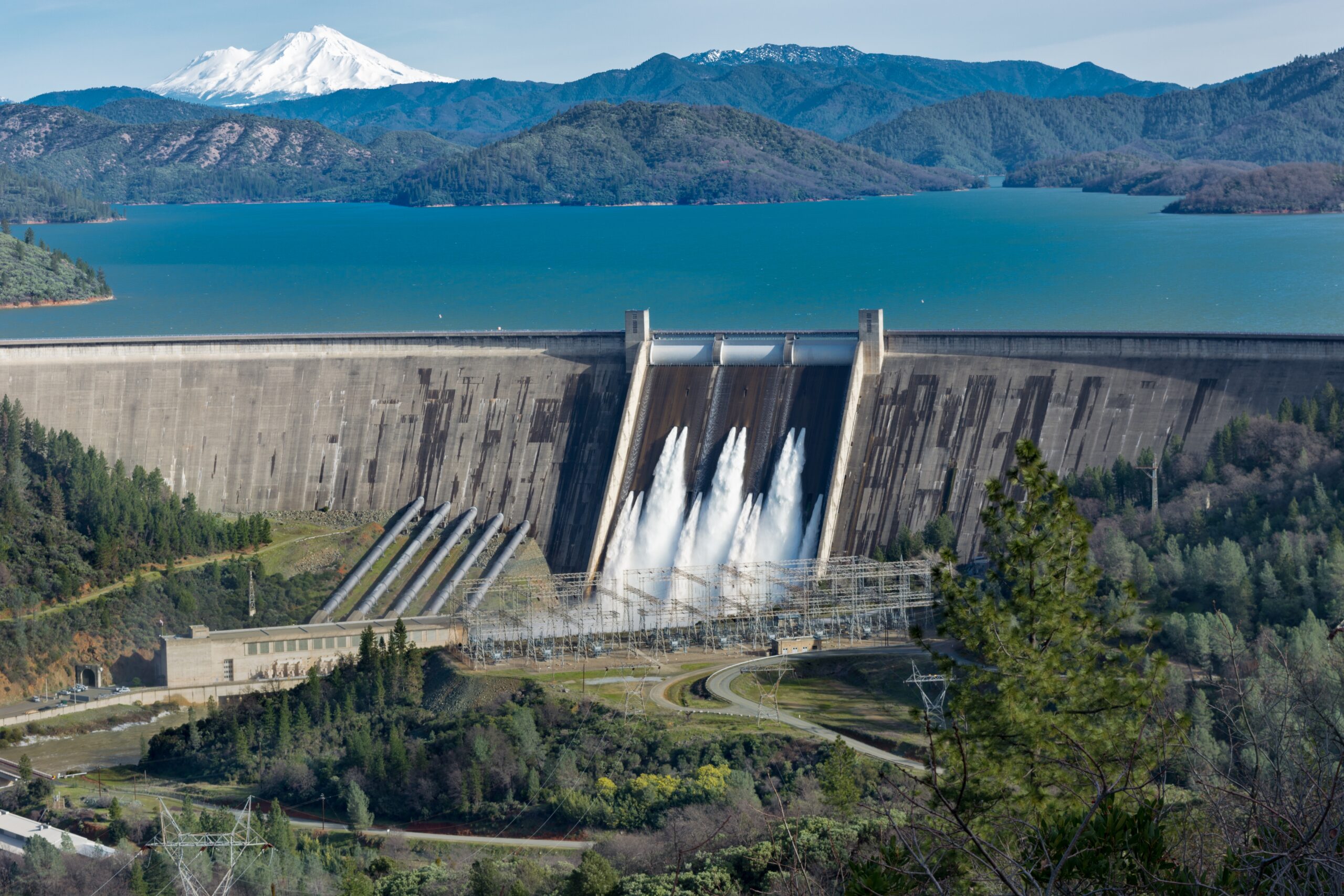
Canada’s Emissions Reduction Plan
Through climate action efforts since 2015 and the Emissions Reduction Plan, the federal government has been doing the heavy lifting in developing policies and making investments that will cut carbon pollution. But provincial action is a patchwork, with many provinces – among them the largest GHG emitters – making relatively little effort or even rolling back policies while challenging federal efforts.
It is increasingly clear that to capitalise on Canada’s electrification potential, more business, Indigenous, and political leaders need to mobilise climate action in the provinces, becoming electrification champions.
Electrifying Canada
Electrifying Canada is a business-led task force aiming to accelerate electrification across Canada to reach net-zero by 2050. Members come from a range of industries – electricity and resource producers, finance players, First Nations business champions, environmental philanthropists, and non-governmental organisations – each playing a different role in the energy transition and bringing a unique viewpoint to inform this work.
The Electrifying Canada task force is affiliated with the Energy Transitions Commission and funded by its founding members. For more information, please contact Richard Florizone or Vanessa Farquharson or visit http://electrifyingcanada.ca/
